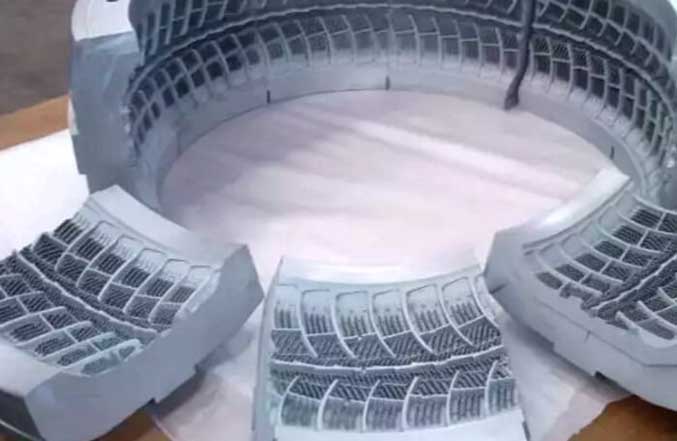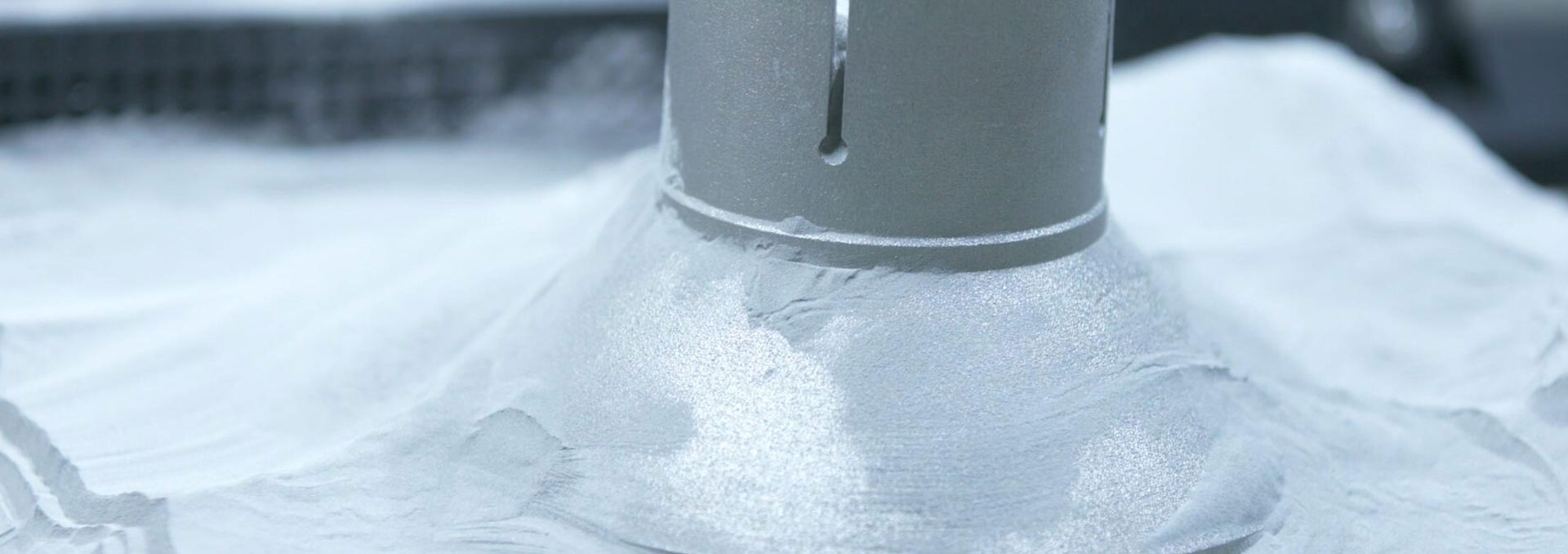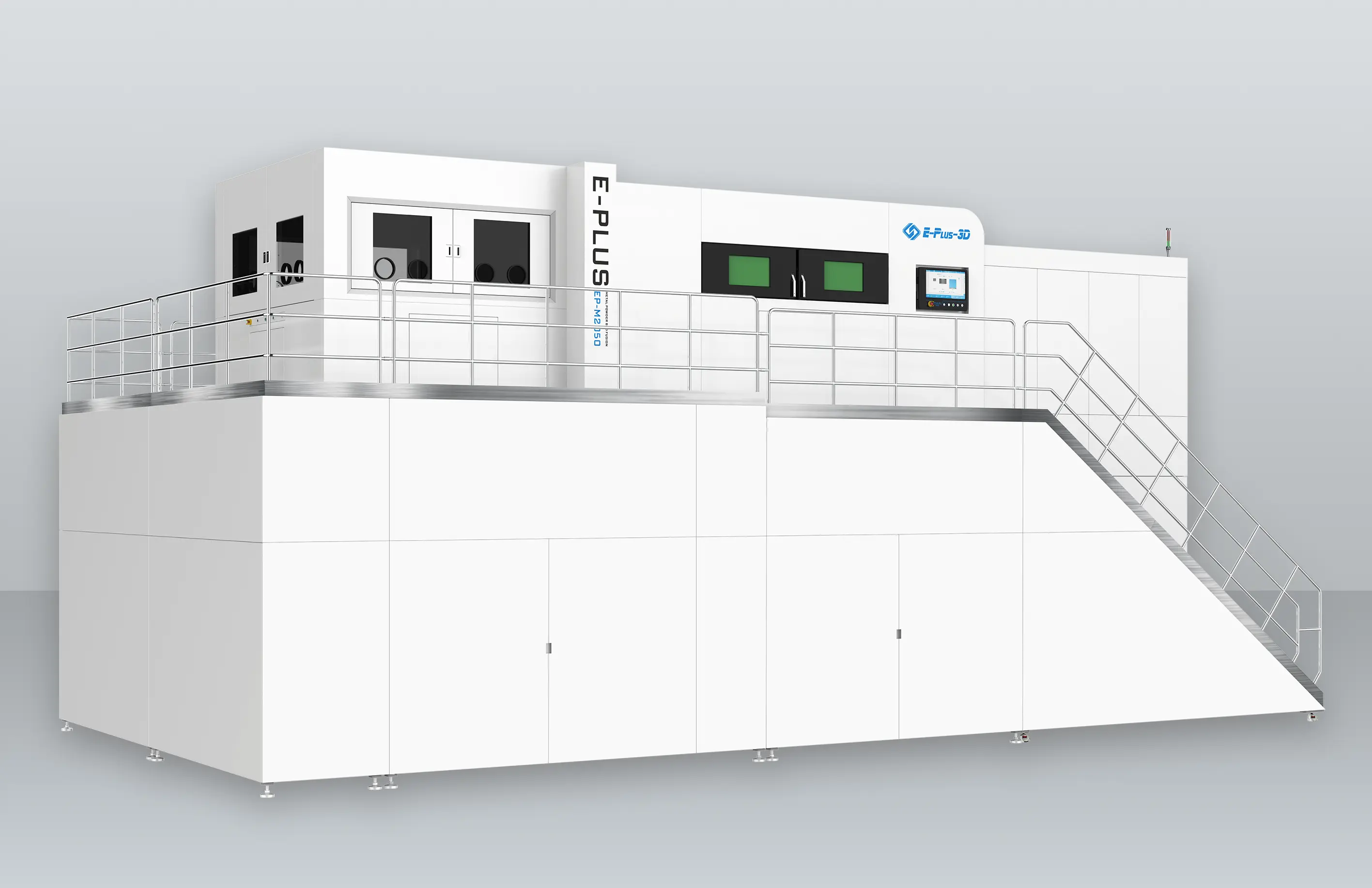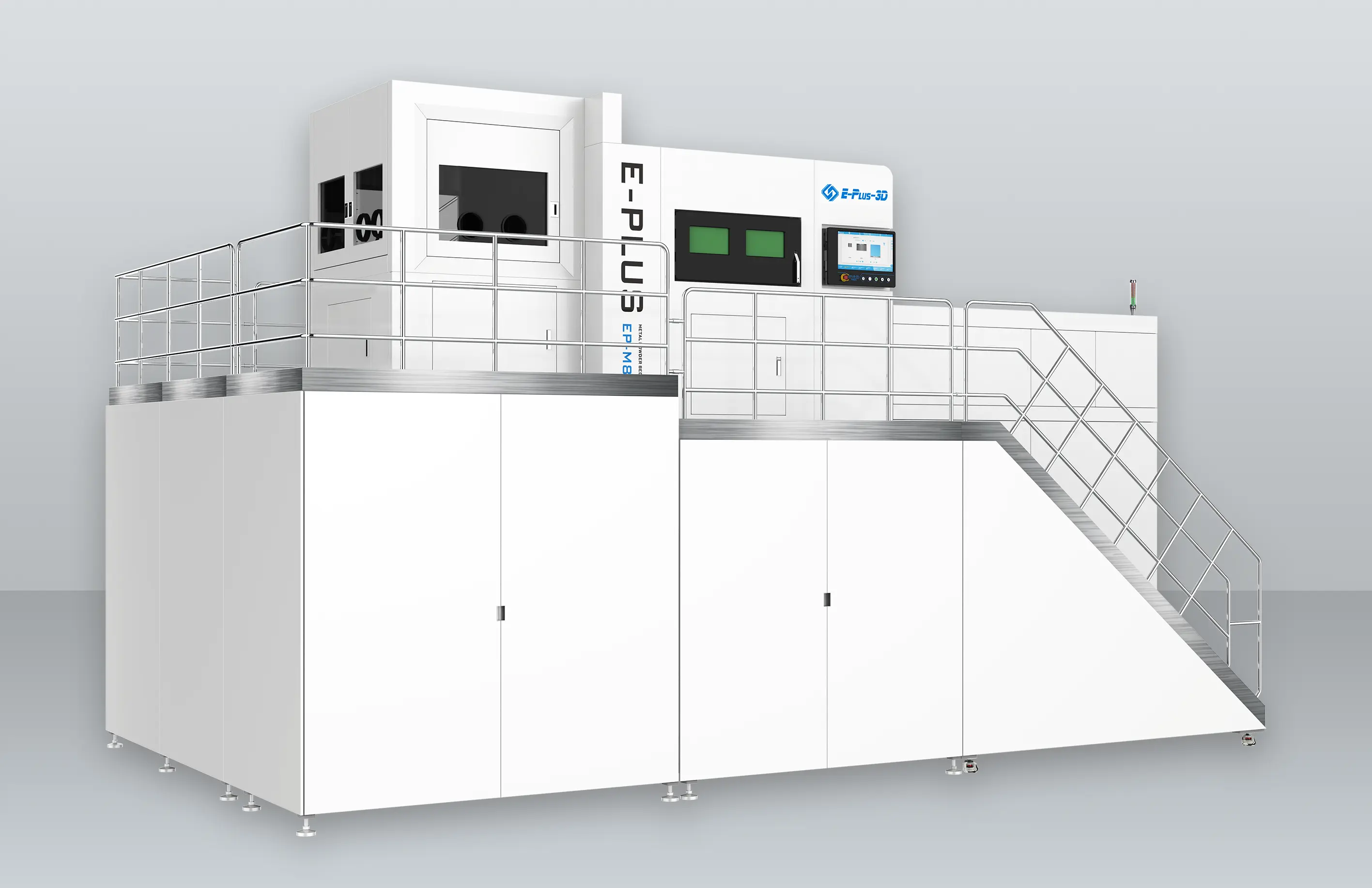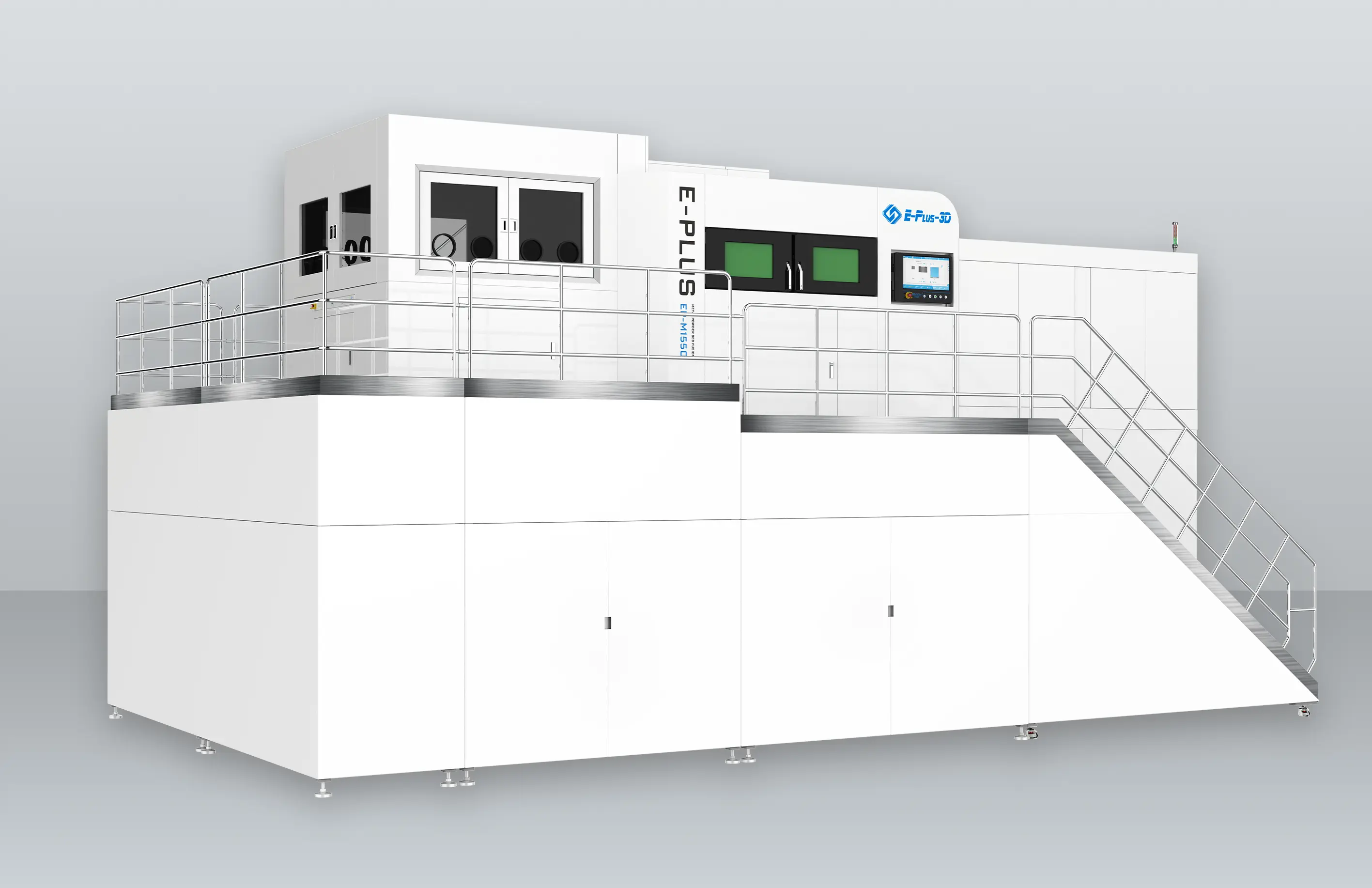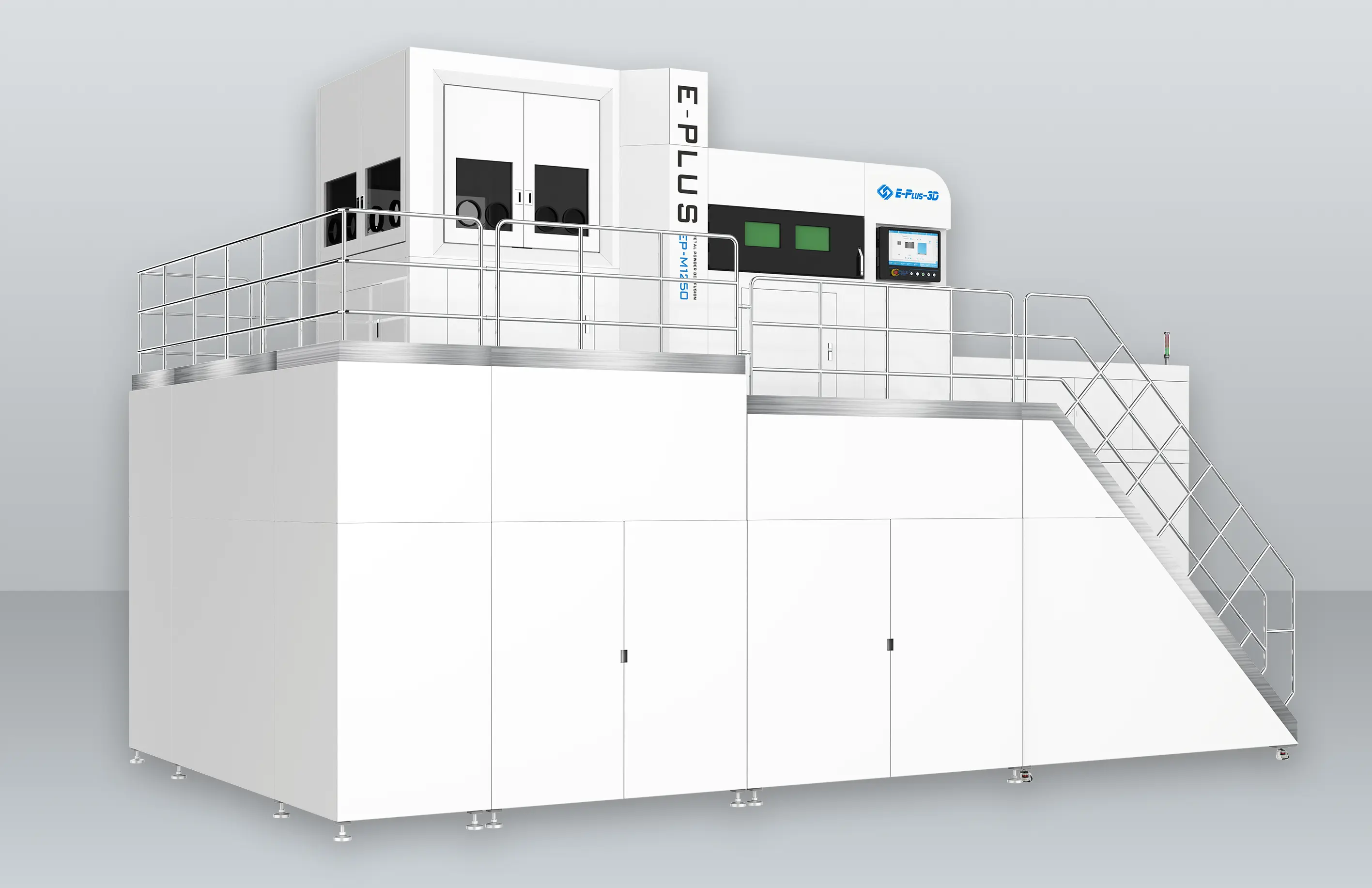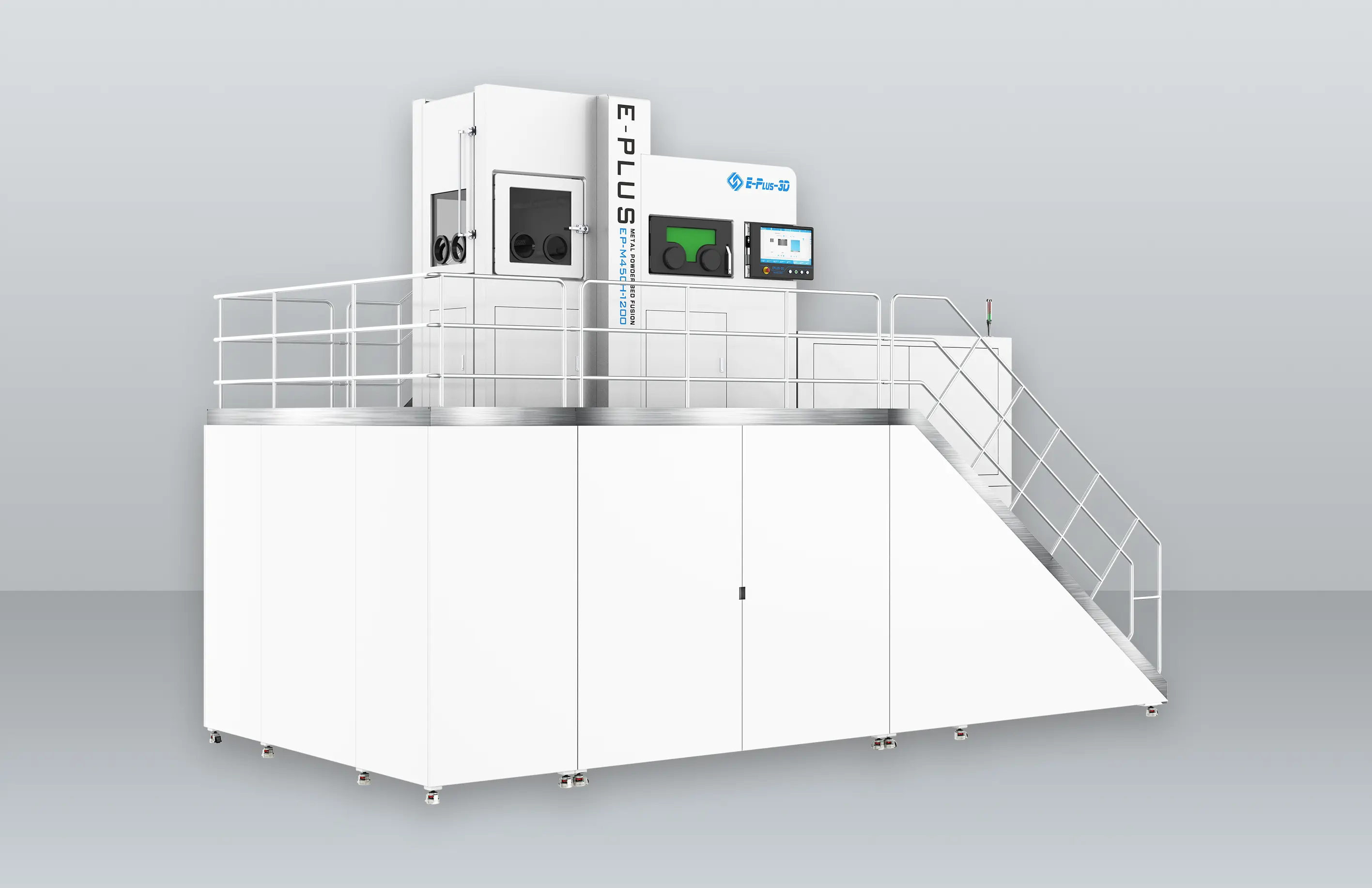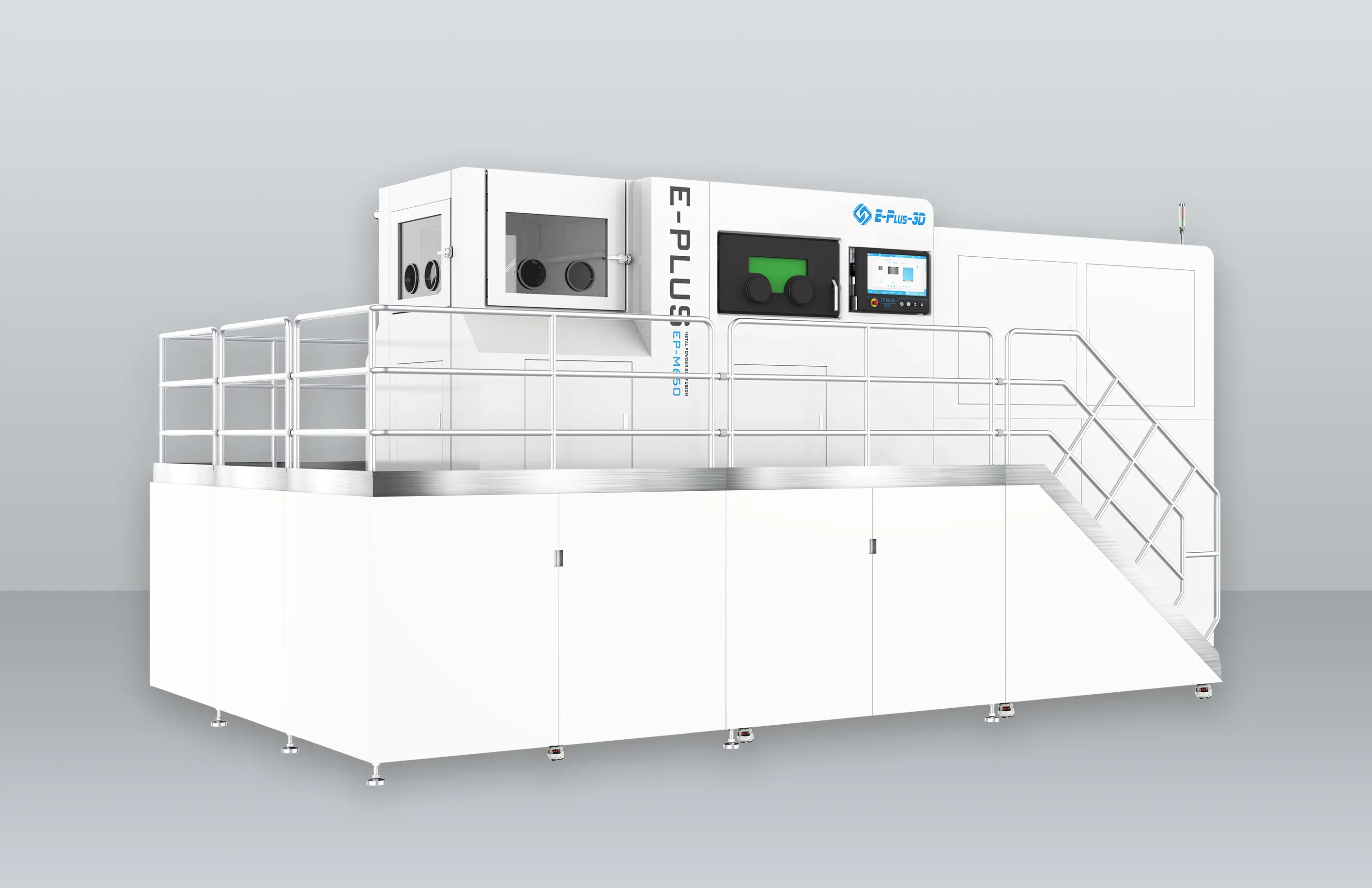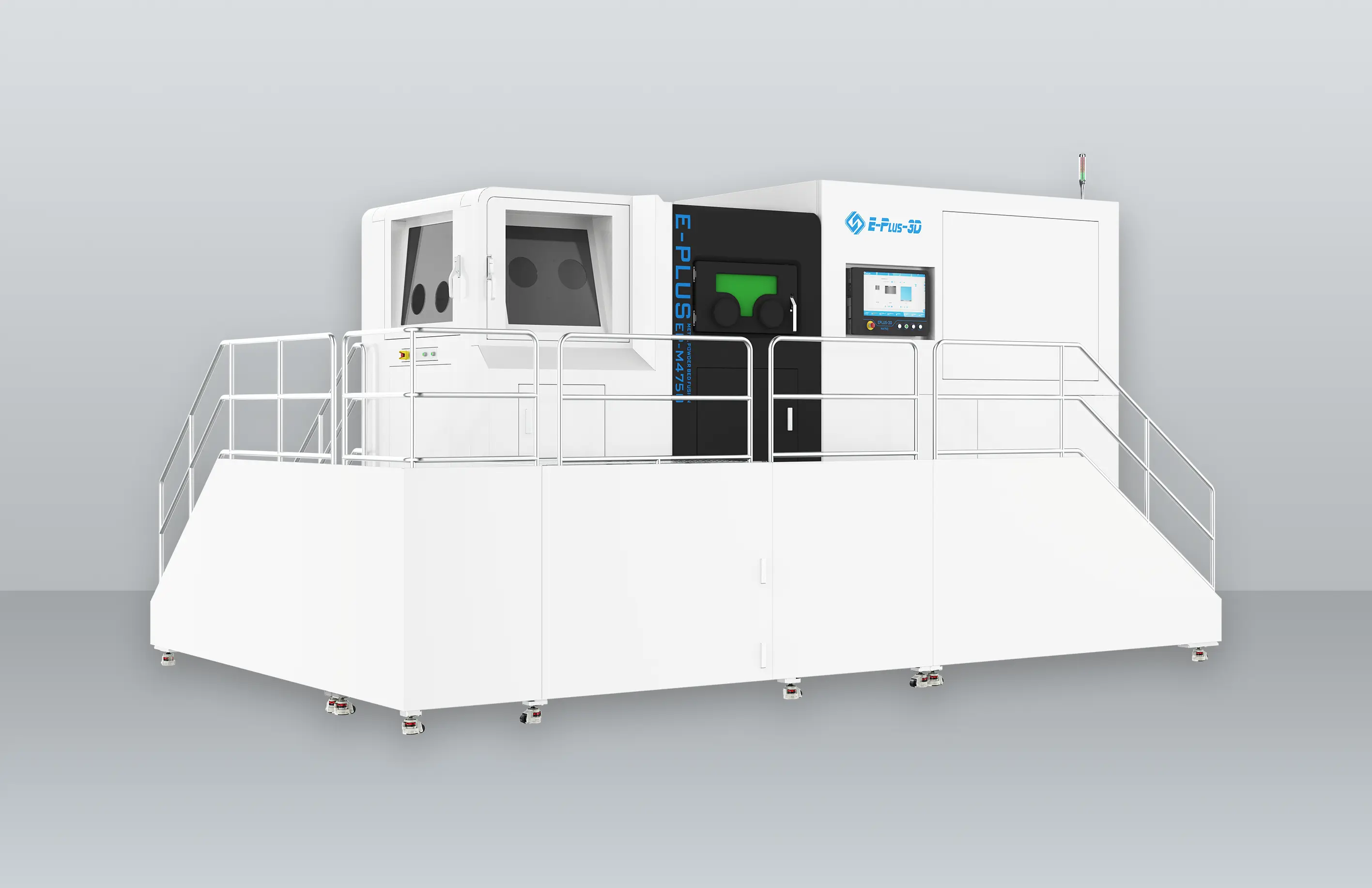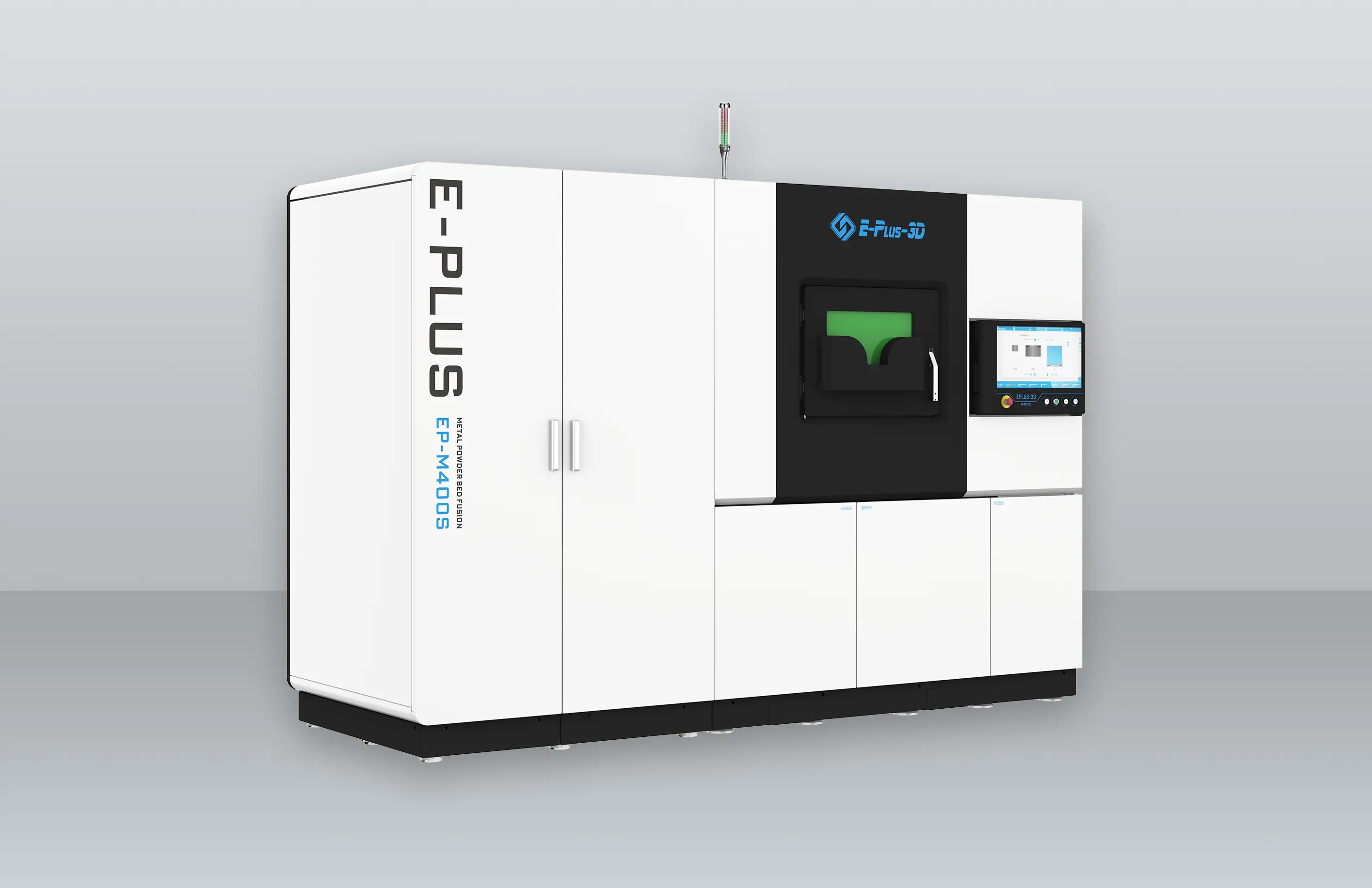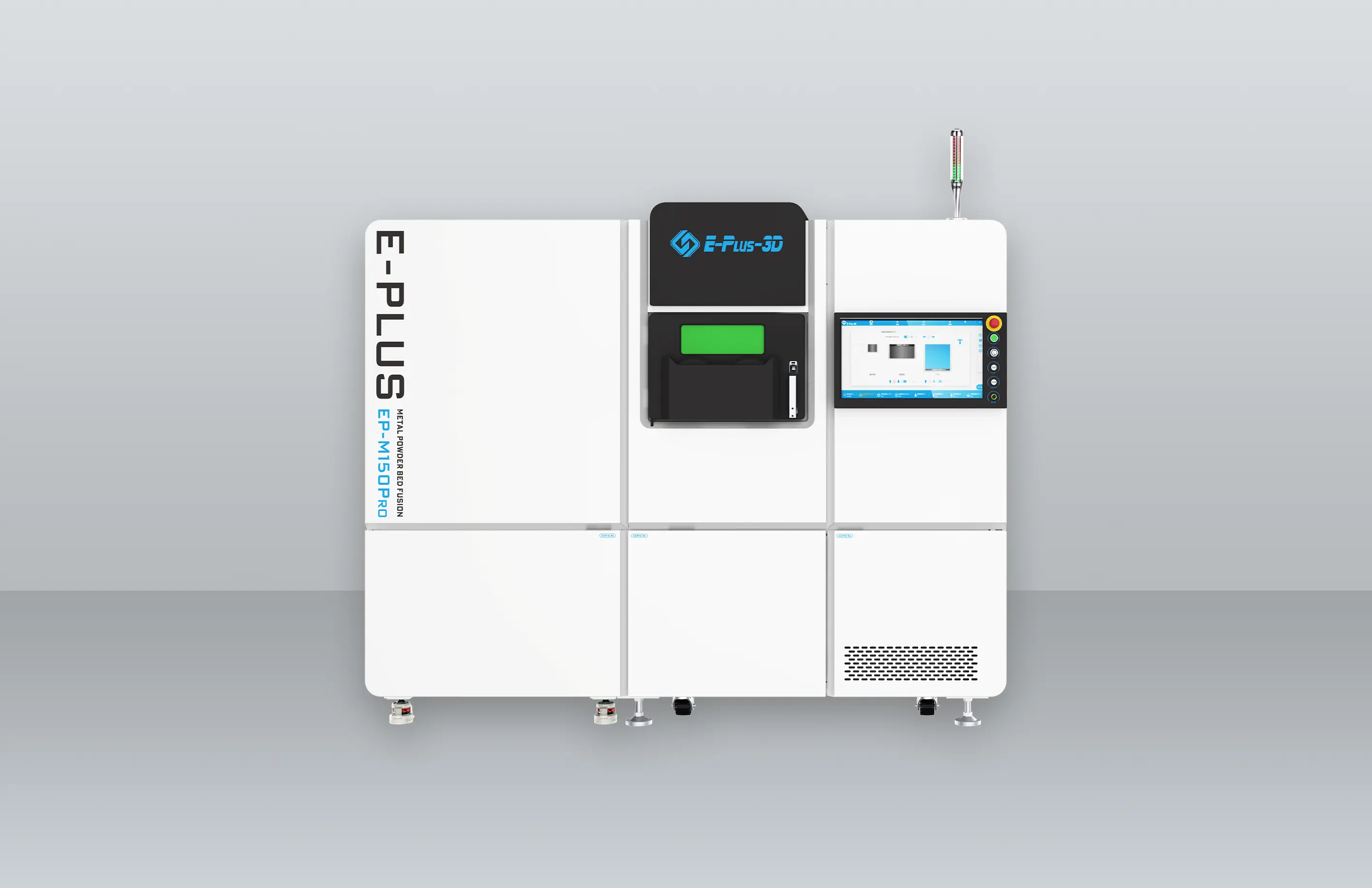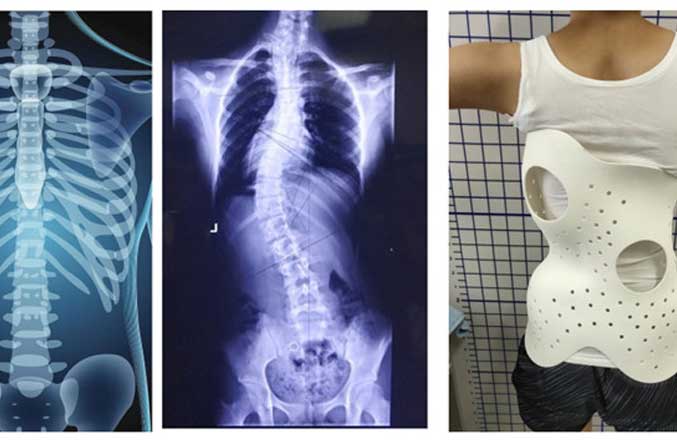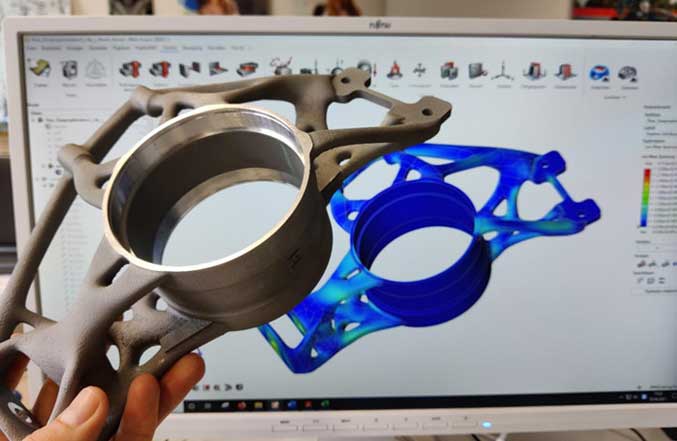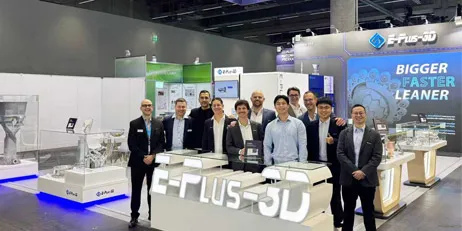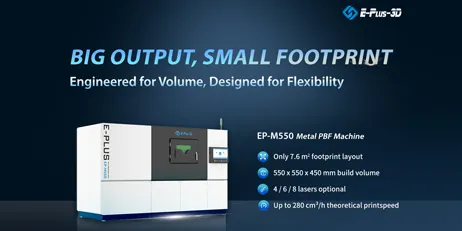In the field of tire mold manufacturing, 3D printing technology has two levels of application: first, complex tire molds, especially steel sheet manufacturing in winter tires or snow tire molds that require high performance. This technology has been used in tire molds at home and abroad. Put into use in large factories; another level is the integrated manufacturing of complex pattern molds, that is, there is no need to separately manufacture steel sheets and inlaid steel sheets. Although there are still application difficulties such as deformation and high cost, this application is used to simplify the process and upgrade the tires. Very advantageous in terms of performance.
The 3D printed steel sheet still faces the problem of inlaying in the mold. Currently, steel molds are mostly inlaid manually, that is, a steel sheet groove is processed in the mold cavity, and then the processed steel sheet is manually inserted. A small amount of steel sheets is not a problem in mold manufacturing, but a pair of winter tire molds often require thousands of steel sheets, and some specially designed tires even use more than 4,000 steel sheets.
Steel sheet inlay is still a very troublesome problem for mold manufacturers, especially when the number of steel sheets increases, the distance between the steel sheets decreases, resulting in too small space and difficult to display. This problem is especially obvious when the distance is less than 5~6mm. However, the direct manufacturing of a whole piece of complex pattern mold through metal 3D printing technology is expected to simplify the process and overcome the current problems in the inlay of steel sheets. In fact, there are many such attempts in the additive manufacturing industry, but most of them stay in the technical verification stage and are not mass-produced.
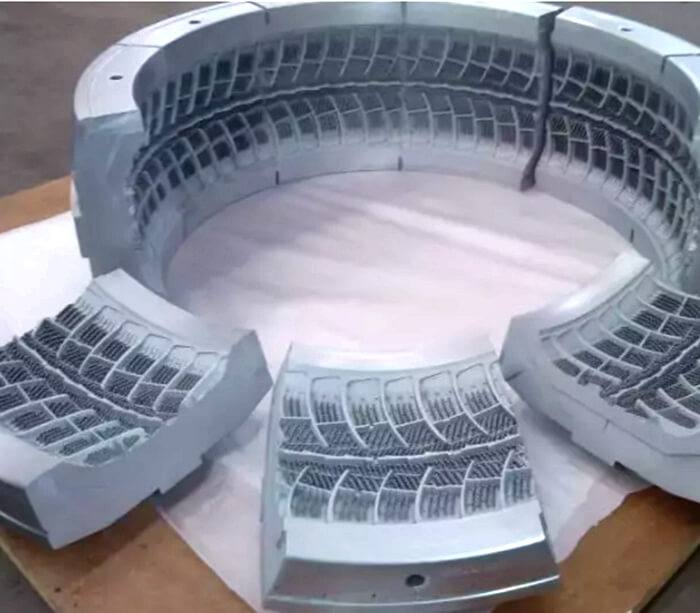
It is worth mentioning that in this regard, EPLUS3D has proposed an additive manufacturing solution for printing pattern blocks. This solution consists of two specific improvement measures such as a special scanning strategy for pattern blocks and a differentiated layer thickness. The high requirements of mold dimensional accuracy and surface finish, while also significantly reducing the processing time of a single pattern block, providing an achievable industrialization path for the innovative process of pattern block manufacturing.
